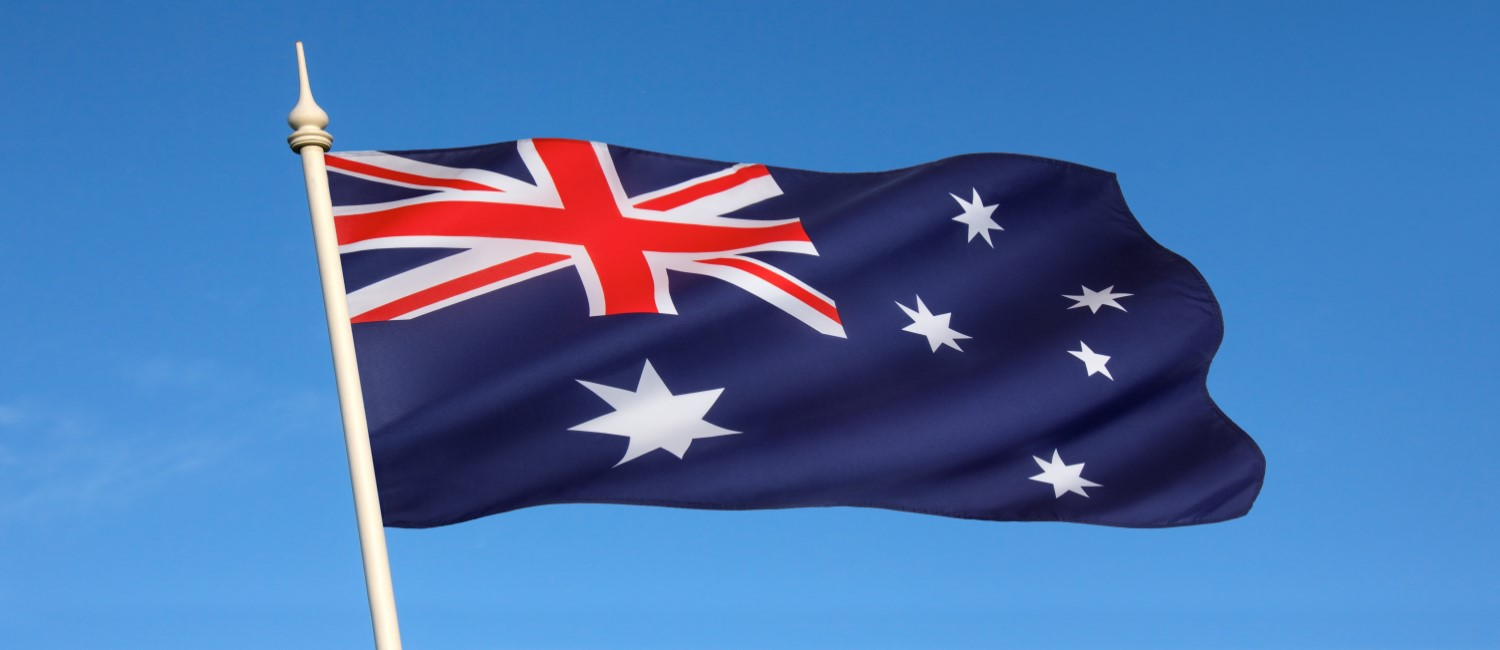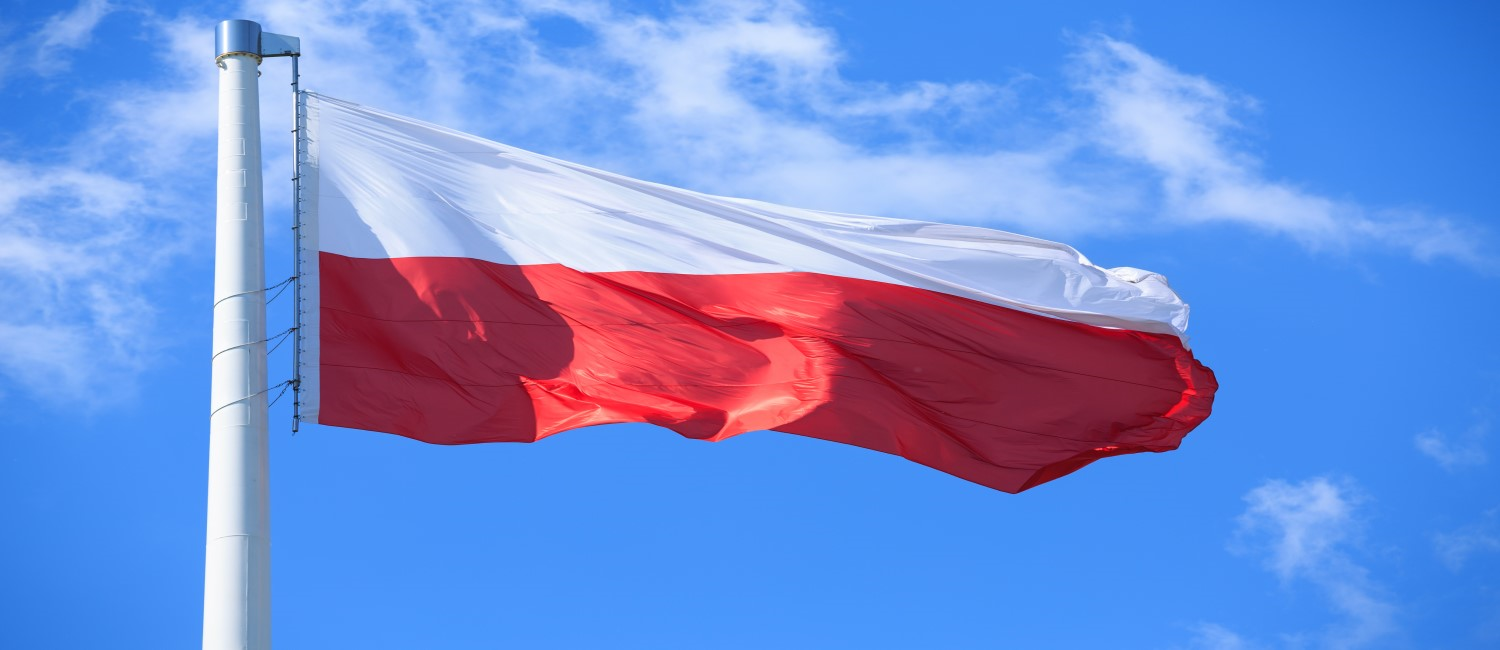With 700 islands in the Caribbean, the Bahamas is a tropical paradise whose economies depend heavily on tourism and is one of the wealthiest countries in the Caribbean. The second most important sector of the Bahamian economy is financial services, with offshore services dominating nearly US$255.6 billion as of 2018. In 2021, there was a noticeable decline in the estimated size of the financial sector's balance sheet, primarily attributed to a decrease in asset holdings within the banking sector. Related to that, The World Bank (WB) estimates real GDP growth of 4.3 percent in 2023 and two percent in 2024.
In October 2018, The Bahamas was added to the FATF's grey list due to deficiencies in its anti-money laundering and counter-terrorist financing (AML-CTF) framework, as identified by the Caribbean Financial Action Task Force in its July 2017 Mutual Evaluation Report. The Bahamas decided to make changes because it was put on the Grey List, and these changes had good results. Substantial changes to the Beneficial Property Registration Act occurred in September 2020. In November 2021, The Caribbean Financial Action Task Force's (CFATF) Mutual Evolution Report (MER) found 18 non-full and 20 largely compliant recommendations. Removal from the EU money laundering jurisdictions list in January 2022 reaffirmed The Bahamas' commitment to AML regulations.
The Bahamas, considered one of the prominent global tax havens, encounters money laundering risks similar to other tax havens. In 2020, The Bahamas successfully exited the FATF's enhanced monitoring list due to substantial advancements in strengthening its AML/CFT framework.CFATF re-evaluated The Bahamas on 13 out of the 40 FATF Recommendations, following the country's responses to the CFATF mutual evaluation.
In 2022, The Bahamas continues its dedication to transparency by amending specific sections of legislation with the aim of achieving substantial compliance with all 40 FATF recommendations. According to the 2022 report, The Bahamas has made notable progress in rectifying technical compliance deficiencies.
How Has Tax Heaven Become a Money Laundering Haven?
Former Chilean dictator Augusto Pinochet used two offshore shell companies, 1994 and 2002, to launder nearly US$12 million. A Bahamas-based offshore provider was accused of laundering more than $1 billion in funding shortly after. The Bahamas, which is becoming increasingly famous as a money laundering point, was released in 2018 by the US in a report that it named the primary money laundering point. Important red flags were identified like/as; the absence of official records of beneficial ownership and no obligation for resident-paying agents to tell domestic tax authorities about payments to non-residents.
The Bahamas, an international financial hub, appears vulnerable to money laundering threats and has "not yet developed documented national AML/CFT policies. Therefore, in October 2018, the Bahamas were added to the FATF Grey List because they were fully compliant with 8 of the 40 FATF recommendations, largely compliant with 10, partially compliant with 21, and incompatible with 1.
In September 2019, authorities in The Bahamas reported a total of 40 money laundering convictions over the preceding four years.
Anti-Money Laundering Provisions in Bahamian Law
Money laundering refers to the process by which criminals hide the source of illegally obtained money. The Bahamas provisions aim to prevent money laundering by both domestic and foreign nationals through the country's financial institutions.
- Proceeds of Crime Act
This law makes the laundering, searching, seizure, and confiscation of the proceeds of crime illegal. The law requires authorities to be notified of suspicious, potential money laundering transactions that businesses and individuals face. In addition, the law allows the confiscation of money obtained from a crime.
- Financial Intelligence Unit Act
Financial Intelligence Units (FIU) receive, analyze, and transmit suspicious transaction reports identified by the private sector. FIUs act as intermediaries between organizations and law enforcement agencies subject to AML/CFT obligations.
- Financial Transactions Reporting Act (FTRA)
FTRA requires financial institutions to report questionable transactions and verify customers' identities. Otherwise, the Compliance Commission is established to ensure compliance with the FTRA.
- Financial Intelligence Regulations
These FTRA-based regulations require financial institutions to comply with record-keeping, compliance, and reporting regulations. For example, financial institutions are required to provide training to some of their employees on their money laundering laws.
- Anti-Terrorism Act
The Anti-Terror Act is not only about terrorist activities. It also considers the money collected and laundered to be used in terrorist activities as a crime. Like other laws, this requires that suspicious activity to be reported to the authorities.
Anti-Money Laundering Solutions for Bahamas
Money laundering poses a significant challenge to the global economy and has raised increasing concerns among financial institutions and governments around the world. In the Bahamas, enterprises subject to AML regulations can benefit from AI-driven AML solutions, such as those offered by Sanction Scanner, to effectively address the risks associated with financial crimes. These advanced solutions enable organizations to meet their AML obligations efficiently. By choosing these tools, you can stay at the forefront of AML compliance efforts and ensure financial integrity. For more information or to explore the future of AML compliance in the Bahamas, feel free to contact us or request a demo today.





